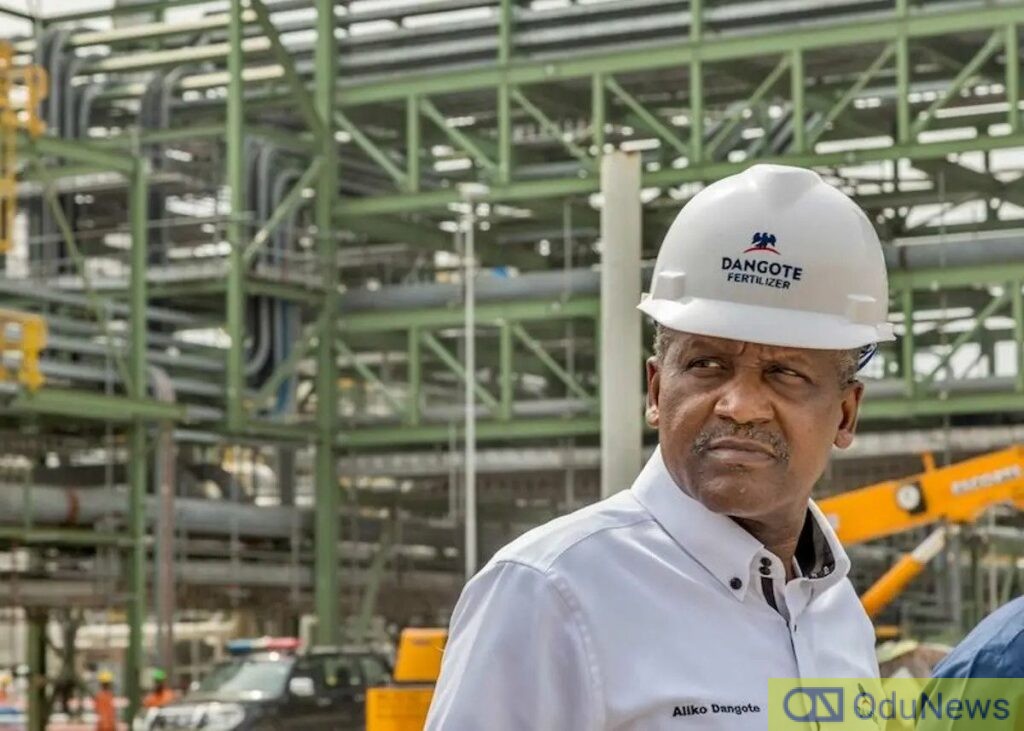Local oil refiners and officials at the Dangote Petroleum Refinery have voiced opposition to the recent importation of Premium Motor Spirit (PMS), also known as petrol, by major oil marketers in Nigeria. They raised concerns over the quality of the imported fuels, which they claim are substandard compared to those produced by the Dangote refinery.
According to sources at the $20 billion Dangote Refinery, imported fuels are of lower quality and could pose risks to the public. “These people are importing dirty fuels that are toxic,” an official at the refinery stated, expressing concerns that this practice would persist if not stopped. The officials also warned that continuing fuel imports would increase the demand for United States dollars, further straining Nigeria’s foreign exchange reserves.
The opposition comes in the wake of a PUNCH report that three major oil marketers were expecting vessels carrying 141 million litres of PMS this week, following the Federal Government’s full deregulation of the downstream oil sector. The report also noted that the recent hike in petrol prices from the Dangote refinery had opened the door for increased imports by marketers.
An official at the Crude Oil Refiners Association of Nigeria (CORAN), Eche Idoko, echoed these concerns, alleging that some of the imported fuels were blended in countries like Malta or Togo, making them of lower quality. Idoko emphasized the need for backward integration, suggesting that the focus should be on exporting refined products rather than continuing to import substandard fuels.
“The fear marketers are having is that Dangote will become a monopoly, but that has been addressed. With the Petroleum Industry Act and other regulatory agencies in place, there’s no way Dangote can become a monopoly,” Idoko said, dispelling concerns over potential market dominance by the Dangote refinery.
Despite the opposition, the Nigerian Midstream and Downstream Petroleum Regulatory Authority (NMDPRA) reassured the public that all imported fuels would undergo rigorous testing. George Ene-Ita, spokesperson for the agency, said that PMS imports would be subjected to at least three major tests to ensure compliance with quality standards. “The products must conform to stipulated standards before we authorise them to move the fuels to their terminals,” he said.



Comments are closed.